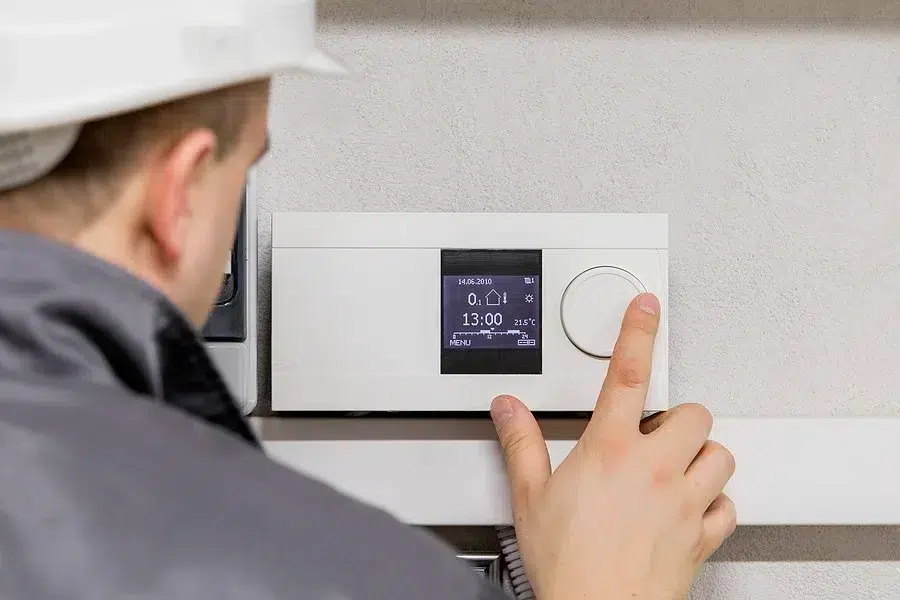7 Challenges of Owning an HVAC Business (And How to Overcome Them)
Radically Change Your Home Service Business.
Coaching built for home service operators who demand world-class support and accountability.

Like owning any business, owning an HVAC business has its challenges. But, as Albert Einstein stated, “In the middle of difficulty lies opportunity.” There are plenty of opportunities for HVAC businesses.
The HVAC Industry is Large and Growing
As reported by IBISWorld, there are over 117,000 HVAC businesses in the U.S. in 2025, representing a market value of over $156 billion. The industry continues to grow with an average annual growth rate of 2.1% between 2020 and 2025. Thus, owning an HVAC business is attractive for ambitious entrepreneurs.
Why is Owning an HVAC Business Appealing?
First, there is a high demand and a consistent need for HVAC services because they are essential for residential and commercial buildings. HVAC companies generally experience minimal impact from economic downturns because people always need heating and cooling. Additionally, continuing construction activity stimulates demand for HVAC installation and maintenance. Second, there is solid financial potential. HVAC businesses can be profitable with repeat business and referrals. Also, strong revenue potential comes from new installations, repairs, maintenance, and parts sales. Third, owning an HVAC business allows an owner to have greater control over his/her work schedules, customer relationships, and income opportunities. Fourth, there is the satisfaction of helping people, providing exceptional service, and building customer relationships.
The 7 Challenges of Owning an HVAC Business
Owning an HVAC business with a commitment to continuous improvement, combined with proactive strategies, can position a business for success.
Here are seven challenges to consider:
- Market competition. There are many HVAC businesses targeting the same pool of customers, so it takes excellent service and effective marketing strategies to stand out.
- Skilled labor shortage. Like many home services businesses, there is a shortage of skilled technicians, so each owner must work diligently to recruit and keep skilled workers.
- Seasonal fluctuations. HVAC businesses often face seasonal peaks and valleys in demand, requiring owners to keep technicians busy in slow periods and avoid burnout in high-demand periods.
- Regulatory compliance. The HVAC industry must deal with many codes, regulations, and standards, so being aware of these and staying compliant with them takes diligence.
- Rising energy costs. Rising energy costs are pulling more customers to high-efficiency HVAC systems, but their investment can be a barrier for some customers.
- Raw materials cost fluctuations. The cost of raw materials can change the cost of HVAC projects and can affect pricing and profit margins.
- Technological advancements. The rapid pace of technological advancements means that businesses must invest in training to keep their workforce up to date, as well as invest in upgrading their equipment.
Business Coaching: The Path to Taking Your Business to New Heights
HVAC business coaching can be the tool you need to help you achieve your business goals. The benefits of engaging a home service business consultant include helping with strategic planning, operating efficiencies, marketing and branding, customer service, financial management, and growth initiatives.
How to Choose a Home Service Business Consultant
First, define your coaching needs and goals. Second, research business coaches who have proven and relevant experience. Third, ask plenty of qualifying questions. Fourth, check for compatibility and value alignment.
Seek Professional Business Coaching Assistance
Contact Blue Diamond Consultants, doing business nationwide. Our coaching services are based on extensive experience through previous success for home service provider businesses.
